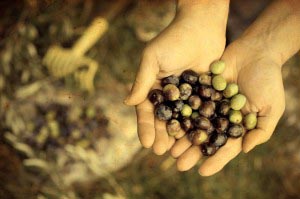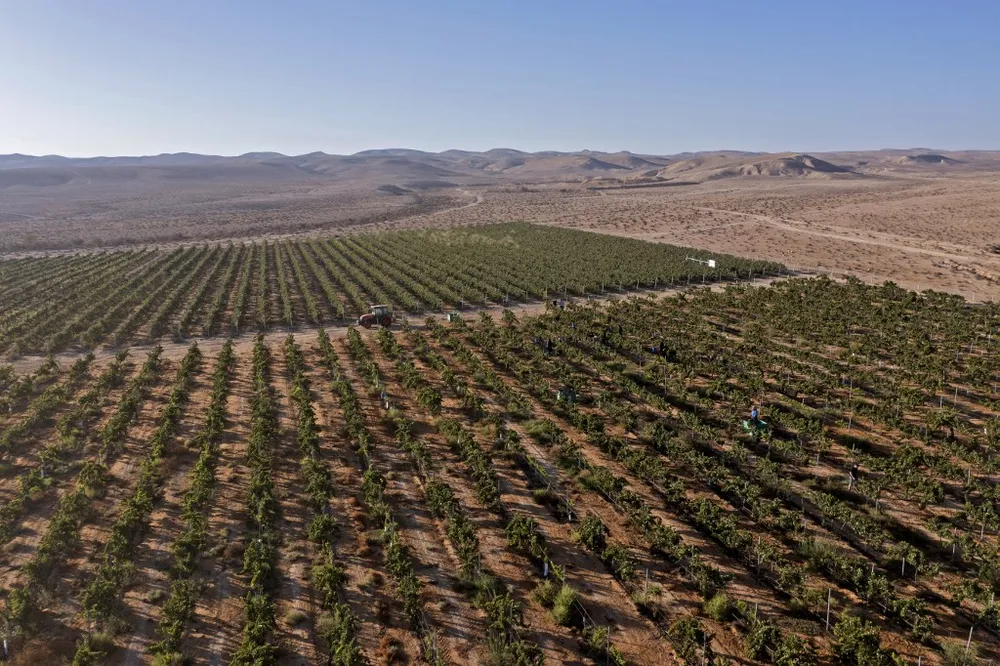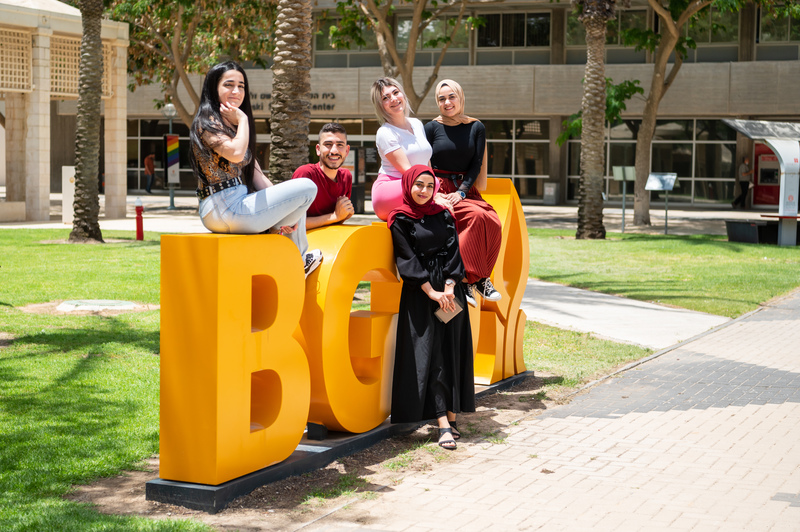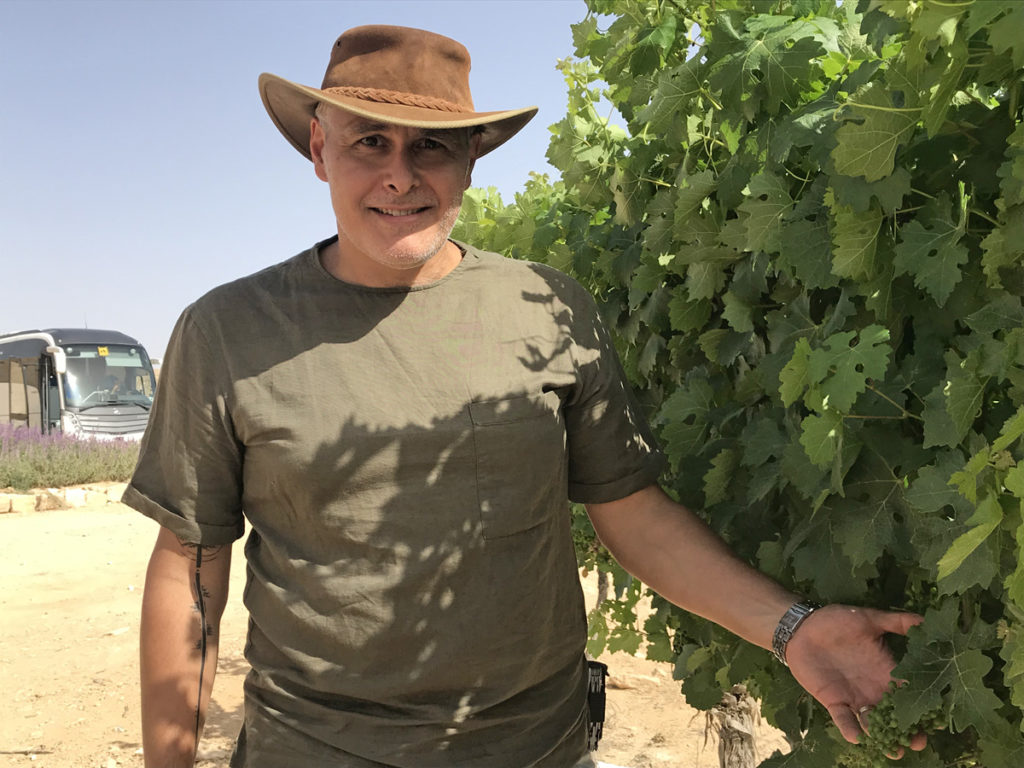
Israel and the Olive Tree
April 1, 2019
 For thousands of years, Israel has been a fertile, natural environment for harvesting olives.
For thousands of years, Israel has been a fertile, natural environment for harvesting olives.
But, before the Jewish people’s return to the Holy Land, years of neglect and desertification decimated the country’s olive groves. Re-introducing the olive to Israel has been a long-term project and priority, and today many olive trees are found in Israel.
Ben-Gurion University of the Negev has taken this national priority one step further, growing an olive tree forest without high-tech irrigation and only through the collection of the desert’s natural rainfall.
At Wadi Mashash, BGU’s experimental desert farm, agriculture is based entirely on the collection of the winter floodwaters from the region’s mere four inches of annual rainfall. This farming method, used two thousand years ago by the Nabataeans, could hold the secret to ending the suffering of millions of people around the world whose sustenance relies solely on harvesting crops irrigated with rainfall.
But beyond the practical applications, the olive tree has great significance to Israel and the Jewish people. The olive branch has been a traditional symbol of peace for thousands of years. The olive itself has special qualities that can be associated with peace and harmony.
- Olives provide oil for lamps, so they provide light.
- The cleansing power of olive oil brings purification.
- The hardiness of the olive tree symbolizes fertility and vital energy.
- Olive trees can live for 500 years, evoking longevity.
In addition, the olive branch is featured in the biblical story of Noah and the flood. Noah sends out a dove to find and bring back evidence of dry land. The dove returns with an olive leaf in its beak, as proof that the flood had subsided. The olive leaf is said to be God’s way of telling humankind that the struggle between them is over.
At Wadi Mashash, today’s flood waters are harvesting a new olive tree forest, bringing life to the desert and promising fewer struggles for millions of people.
Click here to plant an olive tree to seed desert research >>



